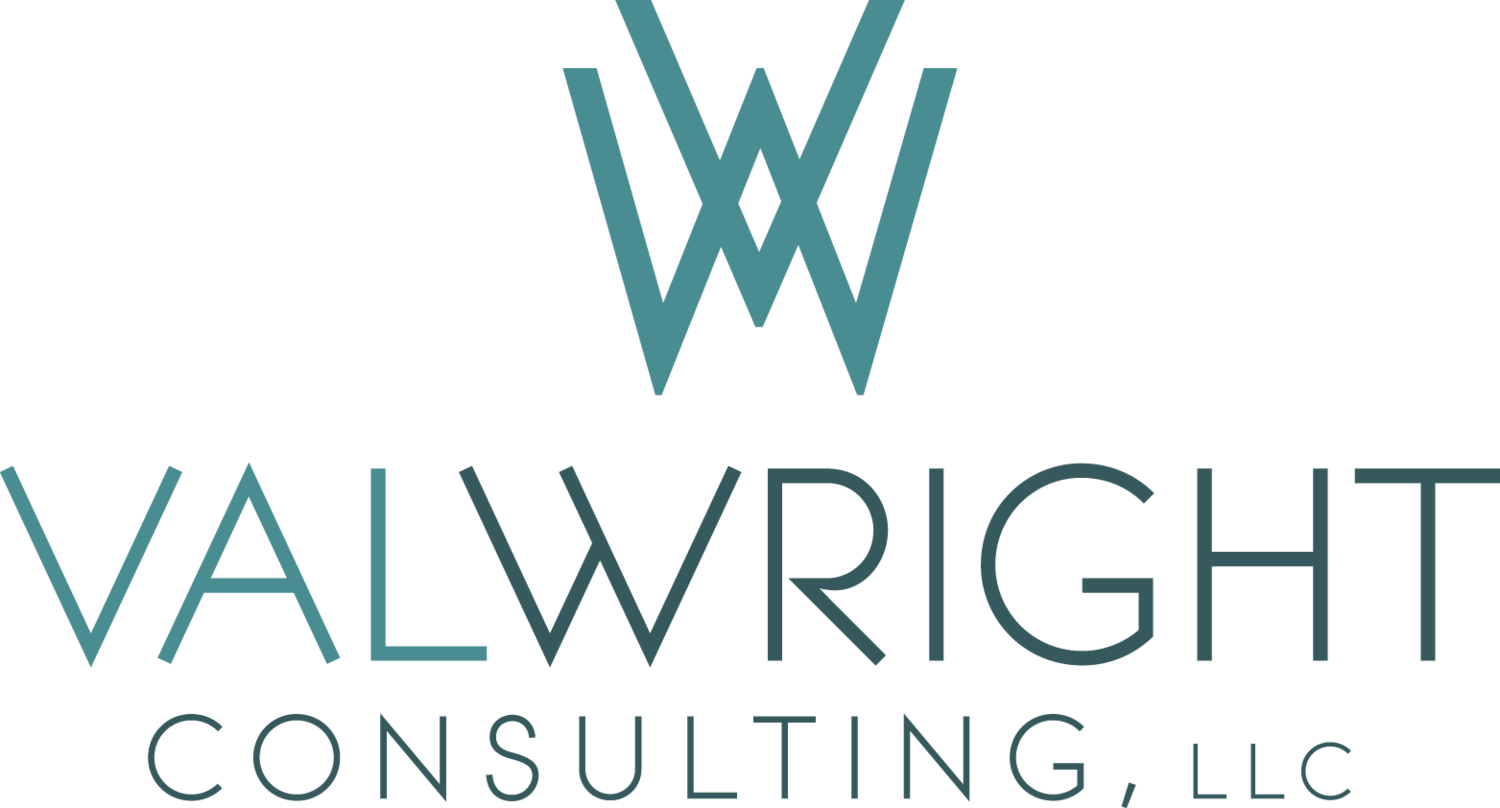Are you dreaming of writing a book sometime in the future?
Executives and entrepreneurs I work with often say to me, "Val, I could write a book with the stories I could tell." They are great storytellers, and they have valuable lessons they can share with others, but then they tell me they could never write a book because they don't have the time. I compiled this guide to help you write your brilliant book fast:
1. Learn from the masters
You would never train for a marathon with a coach who ran sprints, so don't listen to advice from anyone who hasn't written a book. My mentor, the rock star of consulting himself, Alan Weiss, has written more than 66 books, so his guidance has been priceless.
2. Know why
Before you start writing, you need to know why you want to write a book. As a leadership and innovation expert, my clients kept telling me that I had to write a book to share all of my ideas and stories with a broader audience. I wrote my book to help executives and entrepreneurs rapidly grow their business, magically create more time, and boost their energy.
3. Understand the business of books
You made a plan for your business; your book needs one too. If you're self-publishing, you can jump in and simply write your book. If you want to use a traditional publisher, I highly recommend reading Jeff Herman's Write the Perfect Book Proposal, which provides the ideal format and practical advice for pitching.
4. Nobody can read the book that is still in your head
Eating ice cream can give you brain freeze, but productivity brain freeze is worse; it suspends you into a period of inaction that is as painful as it is inefficient. Productivity brain freeze may stop you from putting pen to paper. Whenever I had a slow writing session, it was because I had let my mind wander to questioning if it was the right time to write or if I needed to prioritize other projects, when I simply needed to ignore my brain freeze and just write.
5. Use an air-gapped PC
In an episode of The Newsroom, in which secret government documents were being leaked to appear on the news show, I learned that an air-gapped PC was one that had never been connected to the internet. At that moment, I knew that was precisely what I needed to increase my writing productivity. I wrote my book on a laptop that didn't connect to the internet and could not distract me.
6. Find your perfectly productive place
I love writing on the grounds of the Huntington Library, underneath the giant palm tree at the bottom of my garden, and on airplanes. They are my perfectly productive places where I have my best ideas. I don't get distracted, and write the most prolifically. Go and write where you are the most efficient.
7. Practice your stories
Everyone has his or her favorite dinner party stories, those tried-and-tested tales that you know will get a reaction from your audience. When I speak at conferences, I pay attention likewise to what gets the strongest responses. Test out your stories for your book when you talk to your employees and investors. Note which get the best reactions and include them in your book.
I wrote Thoughtfully Ruthless in four months at the request of my publisher, Wiley. My plan is to write my second book The Innovation Trifecta: How to Catapult Innovation by Developing a Symbiotic Relationship Between Creative, Business, and Technical Minds just as fast.
This time next year you could see your book on bookshelves around the world. The question is, do you have the thoughtful ruthlessness to do it?
Dedicated to growing your business,
Val

